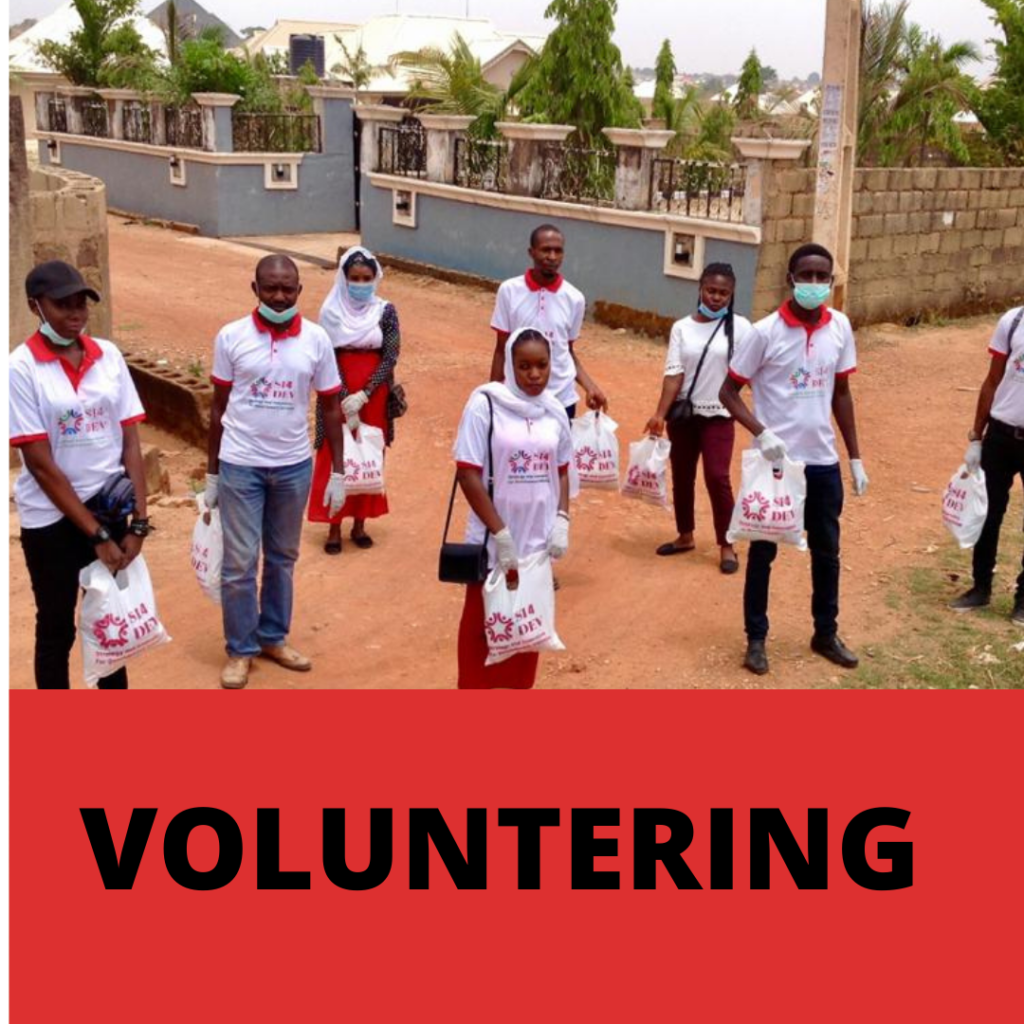When it comes to volunteering, passion and positivity are the only requirements
What is volunteering? Volunteering is the contribution of time, effort, and talent to a need, cause, or mission without financial gain. Volunteering is all about you being able to contribute some of your own time to help people in your communities.
Why you should Volunteer
Volunteering offers vital help to people in need, worthwhile causes, and the community, but the benefits can be even greater for you, the volunteer. The right match can help you to find friends, connect with the community, learn new skills, and even advance your career.
Giving to others can also help protect your mental and physical health. It can reduce stress, combat depression, keep you mentally stimulated, and provide a sense of purpose. While it’s true that the more you volunteer, the more benefits you’ll experience, volunteering doesn’t have to involve a long-term commitment or take a huge amount of time out of your busy day. Giving in even simple ways can help those in need and improve your health and happiness.
Benefits of Volunteering
Volunteering can advances your career
If you’re considering a new career, volunteering can help you get experience in your area of interest and meet people in the field. Even if you’re not planning on changing careers, volunteering gives you the opportunity to practice important skills used in the workplace, such as teamwork, communication, problem-solving, project planning, task management, and organization. You might feel more comfortable stretching your wings at work once you’ve honed these skills in a volunteer position first.
Volunteering connects you to people and your community
One of the more well-known benefits of volunteering is the impact on the community. Volunteering allows you to connect to your community and make it a better place. Even helping out with the smallest tasks can make a real difference to the lives of people and organizations in need. And volunteering is a two-way thing: It can benefit you and your family as much as the cause you choose to help. Dedicating your time as a volunteer helps you make new friends, expand your network, and boost your social skills.
Volunteering increases your relationship skill
While some people are naturally outgoing, others are shy and have a hard time meeting new people. Volunteering gives you the opportunity to practice and develop your social skills since you are meeting regularly with a group of people with common interests. Once you have momentum, it’s easier to branch out and make more friends and contacts.
Volunteering helps counteract the effects of stress, anger, and anxiety
The social contact aspect of helping and working with others can have a profound effect on your overall psychological well-being. Nothing relieves stress better than a meaningful connection to another person.
Volunteering combats depression
Volunteering keeps you in regular contact with others and helps you develop a solid support system, which in turn protects you against depression.
Volunteering makes you happy
By measuring hormones and brain activity, researchers have discovered that being helpful to others delivers immense pleasure. Human beings are hard-wired to give to others. The more we give, the happier we feel.
Principle of Volunteering
- Volunteering benefits the community and the volunteer
Intention: To break down the stereotypical view of what motivates volunteers.
- Volunteer work is unpaid
Intention: To show that volunteering is a freely chosen act of citizenship that is undertaken for the greater good and therefore without any expectation of payment
- Volunteering is always a matter of choice
Intention: To emphasize the rationale of volunteer work and distinguish it from other forms of unpaid work or obligations that people have little choice about.
- Volunteering is not a substitute for paid work
Intention: To emphasize that while volunteer work may provide a number of desirable opportunities to the individual it cannot provide income
- Volunteers do not replace paid workers nor constitute a threat to the job security of paid workers
Intention: To emphasize that volunteer work and paid work are essentially different
You should learn to volunteer today.

Nice